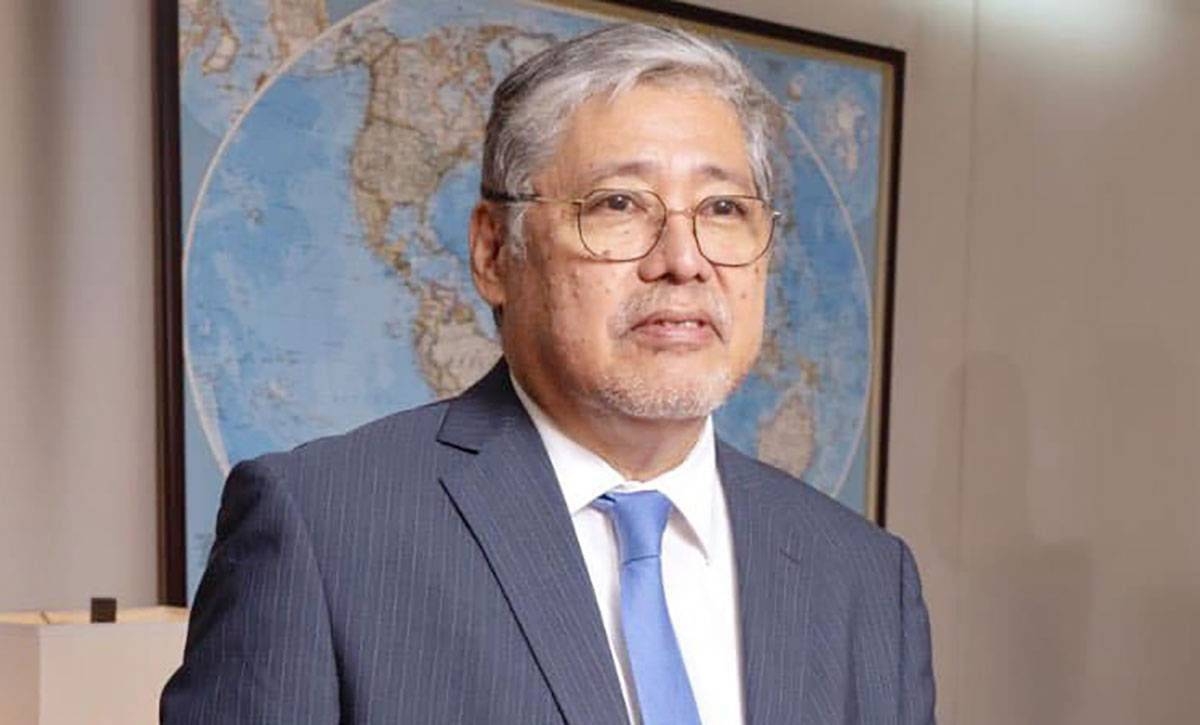The Department of Foreign Affairs (DFA) has emphasized the Philippines’ commitment to promoting women’s role in peacebuilding and advancing the global women, peace, and security (WPS) agenda. On December 11, the DFA participated in the launch of the Philippine National Action Plan on Women, Peace, and Security 2023-2033 (NAPWPS), which was hosted by the Office of the Presidential Adviser on Peace, Reconciliation, and Unity.
Recognizing the disproportionate impact of conflict on women and their crucial role in promoting peace and security, the NAPWPS integrates gender-responsive approaches into the Philippines’ peace processes, as stated by the DFA. This commitment to the WPS agenda is not just a contemporary initiative but a continuation of a legacy rooted in the country’s aspirations for peace, equality, justice, and freedom, which are enshrined in the 1987 Constitution, according to Foreign Affairs Secretary Enrique Manalo.
The Philippines has been at the forefront of promoting the WPS agenda within the Association of Southeast Asian Nations (ASEAN). In 2010, the Philippines became a trailblazer by being the first country in Southeast Asia to develop a National Action Plan on Women, Peace, and Security. This accomplishment highlights the country’s leadership in the region.
Moreover, during the Philippine chairmanship of the ASEAN Summit in 2017, ASEAN leaders issued a groundbreaking statement that prioritized the needs and rights of women in conflict-affected areas. This demonstrates the Philippines’ commitment to addressing the challenges faced by women in conflict situations and advocating for their empowerment.
The Philippines has also played a significant role in the United Nations in addressing violence against migrant workers and trafficking in women and girls, particularly during armed conflicts. The country spearheads biennial UN General Assembly resolutions on these issues, showcasing its dedication to protecting the rights and well-being of vulnerable individuals.
In 2013, the Philippines achieved a significant milestone at the 57th session of the Commission on the Status of Women. The country led negotiations on eliminating violence and discrimination against women and girls, which was a remarkable accomplishment considering that the Commission had not been able to reach an agreement on the same theme ten years prior. This achievement further solidifies the Philippines’ commitment to advancing gender equality and promoting the rights of women and girls globally.
The recently launched fourth-generation NAPWPS builds upon the successes of its predecessors and focuses on addressing the root causes of conflict. By adopting a proactive approach, stakeholders are empowered to take action and contribute to sustainable peacebuilding efforts. This document carries forward the legacy of Philippine leadership in empowering women to bring about peace in their communities.
The Philippines’ dedication to promoting women’s role in peacebuilding extends beyond its borders. It finds resonance in the country’s engagements with the United Nations, ASEAN, and other international organizations. Through its various initiatives and contributions, the Philippines continues to be a champion for gender equality, peace, and security on the global stage.
In conclusion, the Philippines’ leadership in promoting women’s role in peacebuilding is evident through its development of the National Action Plan on Women, Peace, and Security, its active engagement within ASEAN and the United Nations, and its commitment to addressing the challenges faced by women in conflict-affected areas. The country’s efforts reflect its longstanding commitment to peace, equality, justice, and freedom, and serve as an inspiration for others striving to create a more inclusive and peaceful world.







